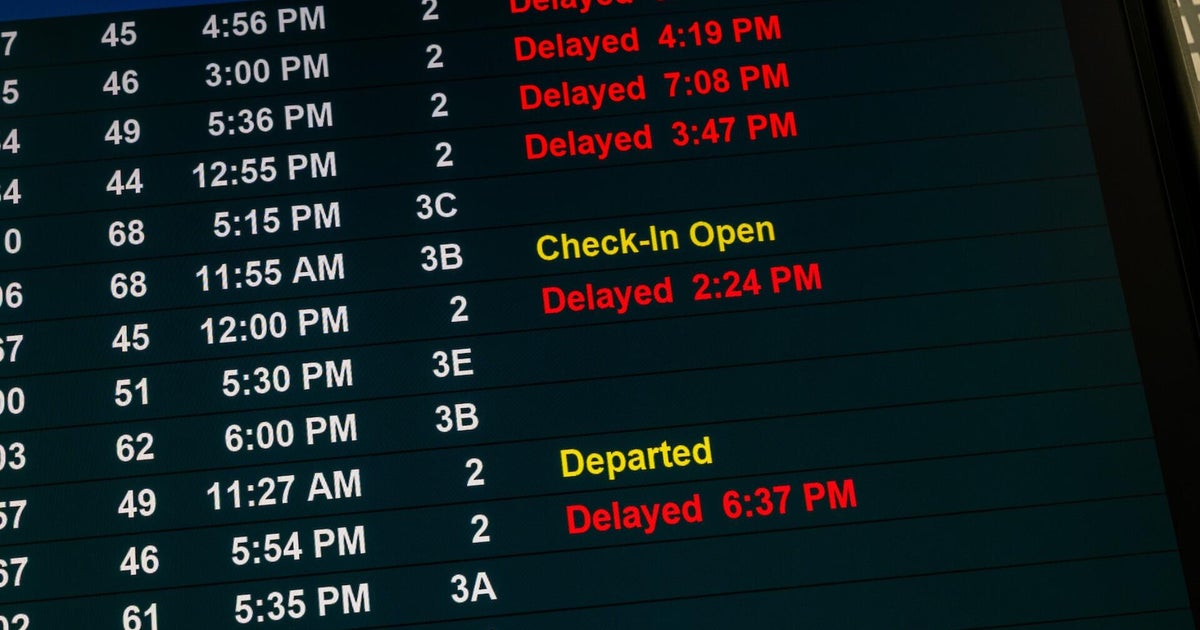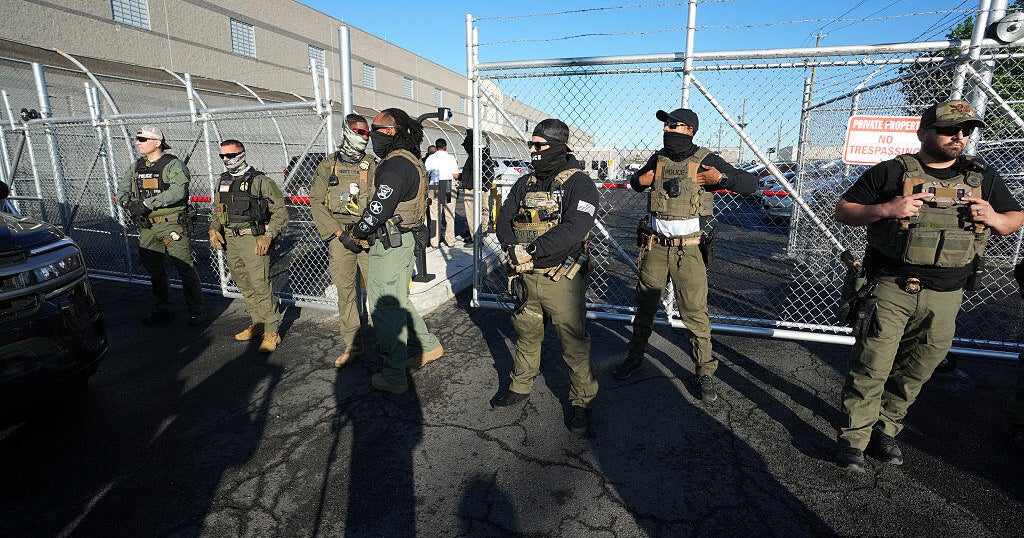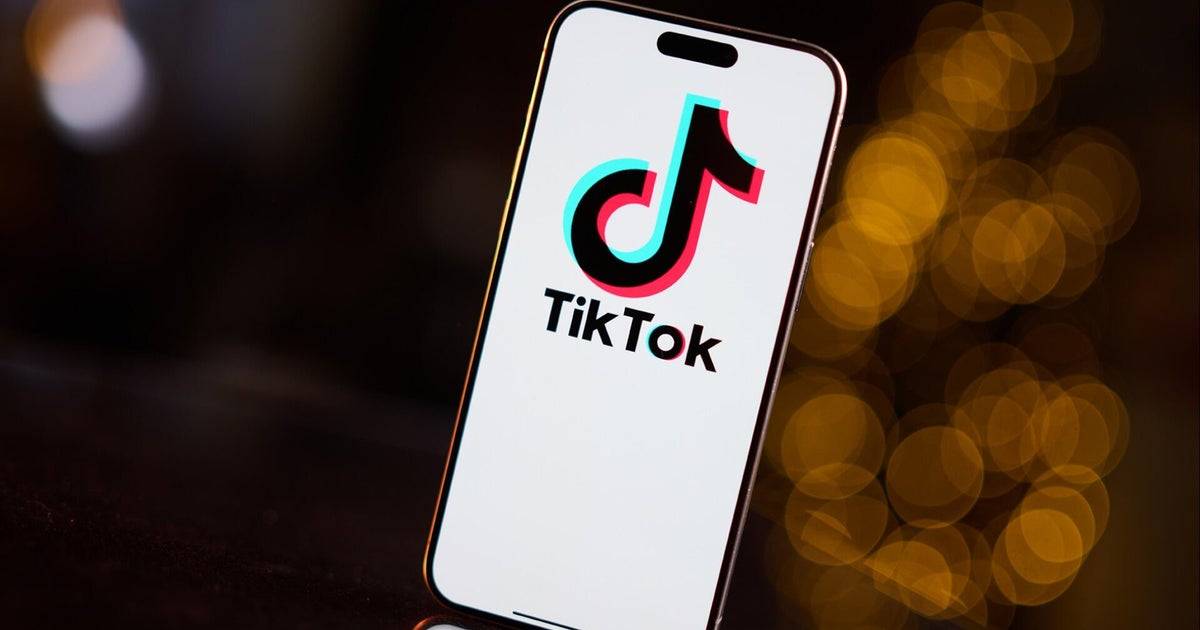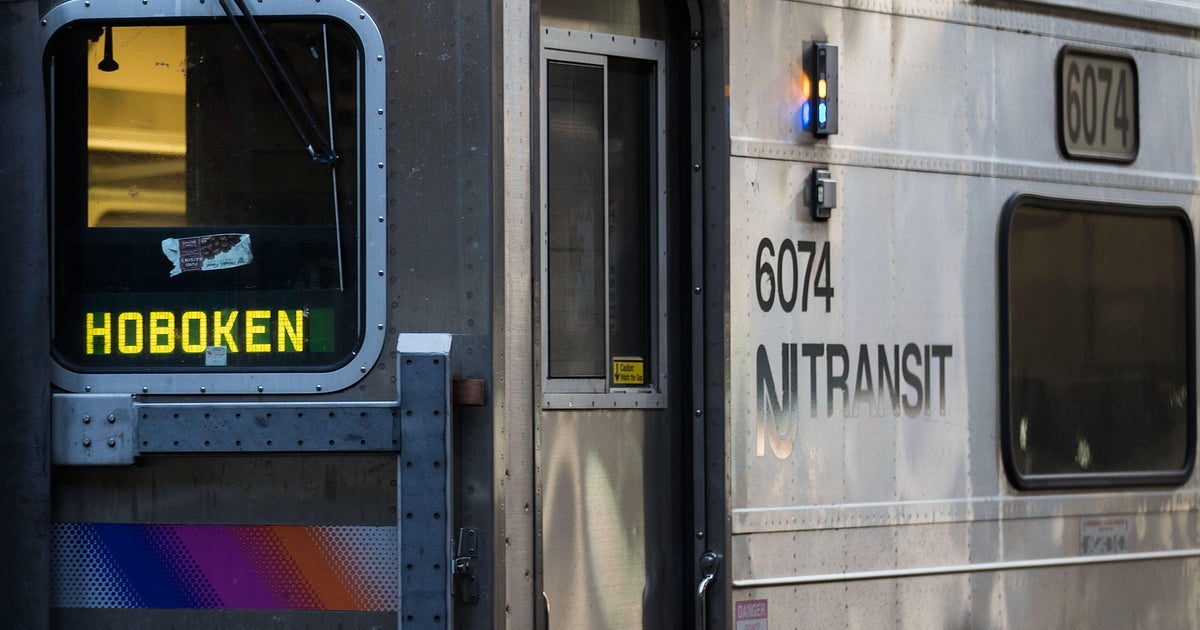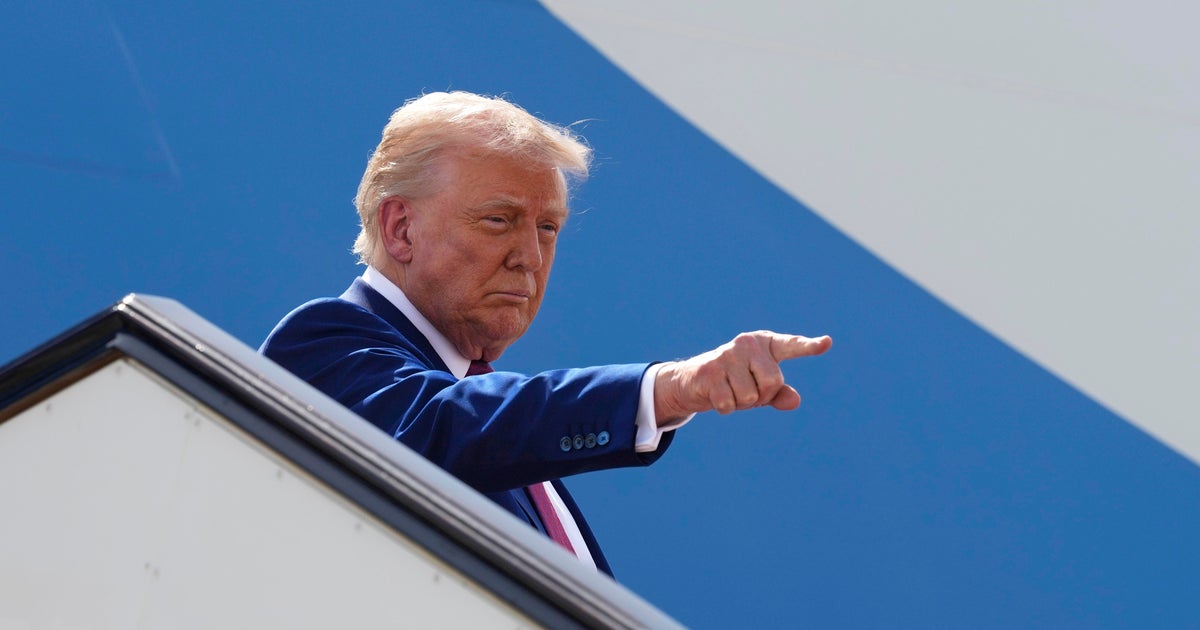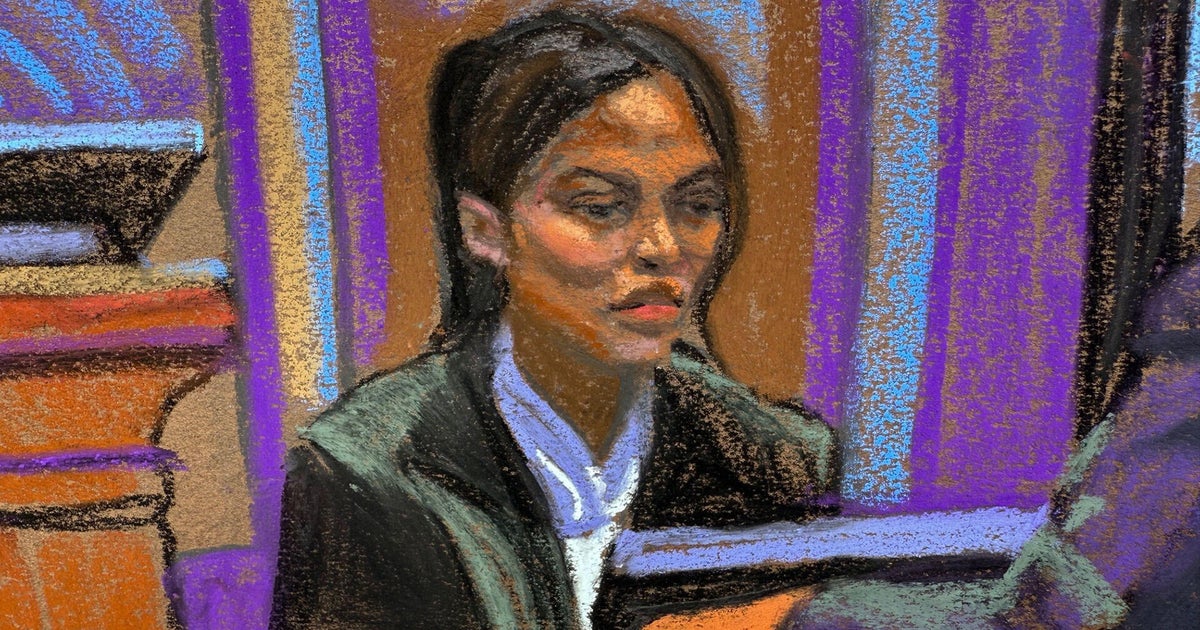Kareem Abdul-Jabbar is a basketball legend with six NBA championships over his 20-year career. But the six-time MVP has bigger concerns than basketball.
Off the court, Abdul-Jabbar's spent his life advocating for social justice.
"Freedom, justice and equality are for all of us – not just for some. So we can't give up," Abdul-Jabbar told "CBS Mornings."
A passion for activismIn his new book, "We All Want to Change the World," Abdul-Jabbar delves into decades of fighting for racial equality in the U.S. and explains how protest movements shaped him. He describes how civil rights icons and prominent symbols of the civil rights movement – like Rosa Parks, Emmett Till and Dr. Martin Luther King Jr. – ignited his passion for activism.
"When the switch was thrown and the lightning coursed through me, it not only fused all those parts in one walking giant representation of Black history, but it also energized me to continue the fight," Abdul-Jabbar read from his book.
He's been pushing for social justice for the past six decades, starting during his collegiate years at UCLA while leading the Bruins to three straight NCAA championships.
"I remember after Dr. King was assassinated, I was demonstrating on a campus and, more than one person stopped to say, 'What are you demonstrating about? You're gonna be playing in the NBA, what's the issue?' I was just appalled at his ignorance," Abdul-Jabbar recalled.
Abdul-Jabbar wasn't concerned about any consequences of using his voice.
"Certain things needed to be said, and I decided that I would say them," Abdul-Jabbar said.
Taking actionHe followed up his words with actions.
In 1968, Abdul-Jabbar made headlines for boycotting the 1968 Summer Olympics in Mexico City. His decision was influenced by the Cleveland Summit, known as the "Ali Summit," where he and other prominent Black athletes supported heavyweight boxing champion Muhammad Ali's refusal to fight in the Vietnam war. He was stripped of his heavyweight title and convicted of draft evasion, which was later overturned.
"Muhammad Ali was a friend of mine, somebody I had a lot of respect for, for his courage and his talent as an athlete," Abdul-Jabbar said.
He saw what happened when Ali returned from Rome to his hometown of Louisville, Kentucky, with an Olympic gold medal in 1960. Instead of getting praise, he was met with racial discrimination – and denied service at a segregated restaurant.
"He goes and represents the U.S. in Rome and is outstanding, but he can't buy a sandwich. They said it wasn't anything personal but he couldn't get served," Abdul-Jabbar recalled.
That indignity inspired him to become an activist, pushing for equal opportunities. But it also put a target on his back. Abdul-Jabbar says he's been getting threatening messages – even death threats – since he was 17 years old.
"It's like I'm a lightning rod, at times," Abdul-Jabbar said.
These days, he's an outspoken critic of President Trump and the Jan. 6 Capitol riot.
"We're going to have a lot of work to do whenever the nation comes to its senses. I'm sure of that," Abdul-Jabbar said.
Abdul-Jabbar's 20th book, "We All Want to Change the World," is on sale now.
Natalie Morales


